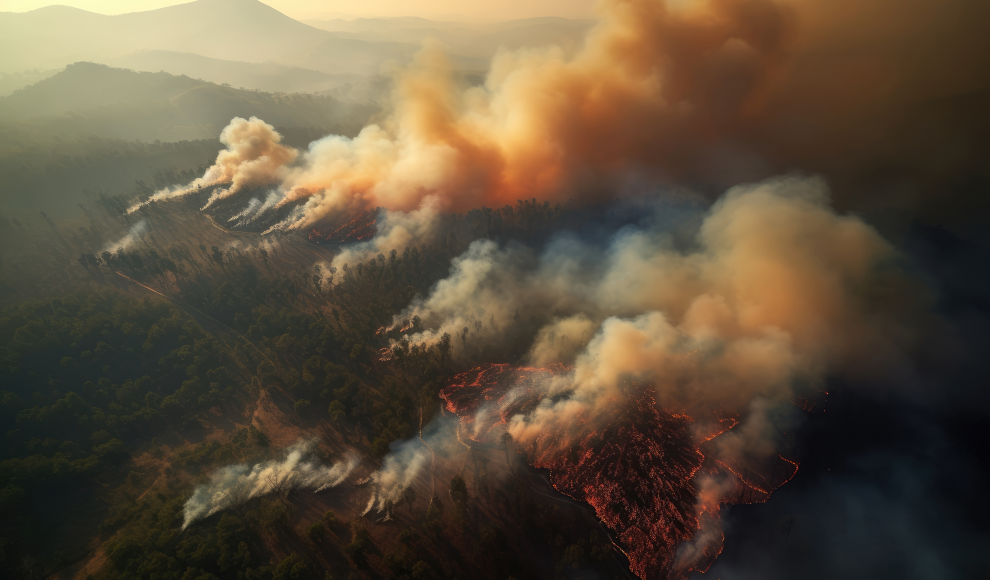The European Space Agency (ESA) has developed an interactive tool called the World Fire Atlas that tracks global wildfires and their progression over time. The tool uses data from the Sentinel-3A and Sentinel-3B Earth observation satellites to detect and monitor fires. The Atlas reveals that global warming and extreme weather events have led to an increase in the frequency and size of wildfires in recent years. The Atlas allows users to compare fire frequency between countries and track the development of fires over time.
A recent study by the University of East Anglia (UEA) has confirmed that climate change has significantly increased the risk of wildfires. The global fire season is now two weeks longer than it was in 1979, and the higher global temperatures and more frequent extreme weather events are responsible for the increase in wildfires. The recent wildfires in Greece and Italy have demonstrated how quickly these fires can spread and destroy large areas of vegetation and forest land.
The World Fire Atlas is a statistical representation of the number of fires detected from month to month and from year to year. While the Atlas cannot detect all fires due to satellite coverage restrictions and cloud cover, it is still a valuable tool for tracking global wildfires. The Atlas has shown a high number of fires in Portugal, Italy, Greece, France, and Spain over the past seven years, with the highest number of fires in Portugal in August 2016 and October 2017. The Atlas also reveals that Canada is currently experiencing its worst wildfire season in history, with over 10 million hectares of land already burned. In the European Union, over 234,516 hectares of land have been burned as of July 29, 2023, according to the ESA World Fire Atlas and the European Forest Fire Information System (EFFIS).
In conclusion, the World Fire Atlas is a valuable tool for tracking global wildfires and their progression over time. The Atlas highlights the impact of climate change on the frequency and size of wildfires and the need for urgent action to address this issue. The Atlas also provides valuable information for policymakers and emergency responders to help mitigate the impact of wildfires on communities and the environment.










